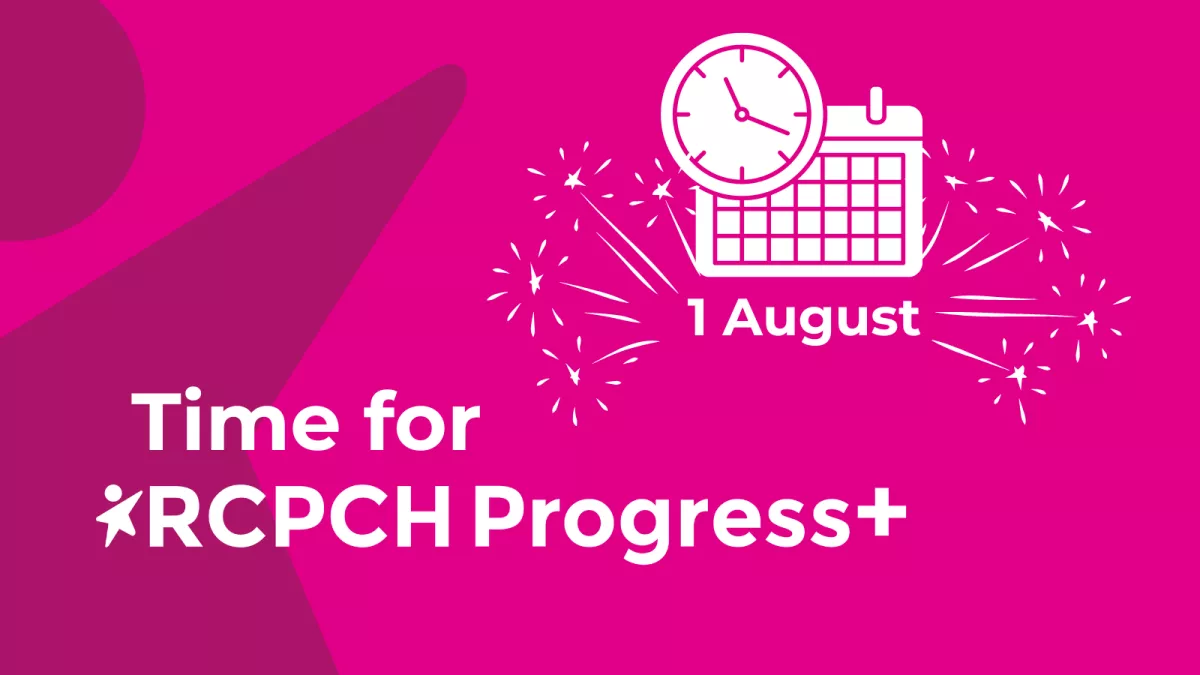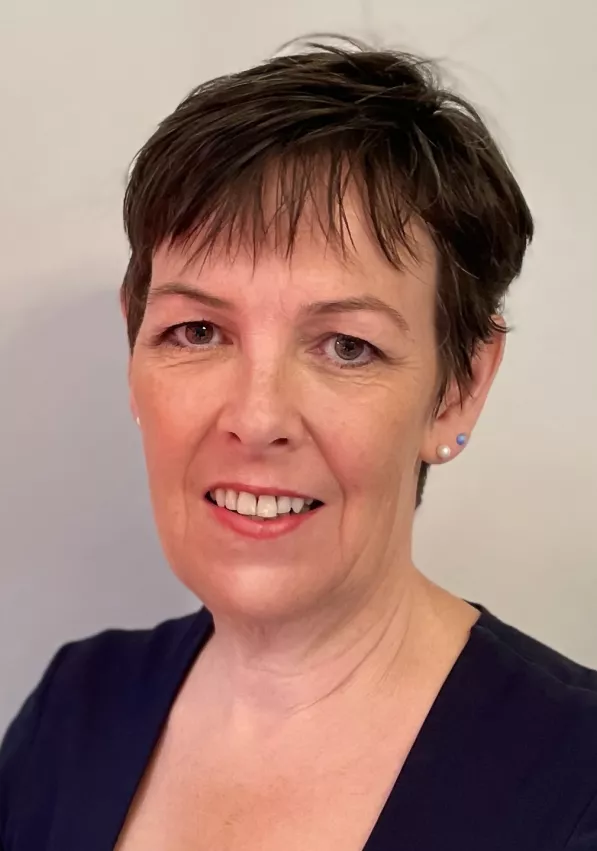
One of the key objectives of Progress+ is to start to build independent decision-making skills early in training. This includes supporting trainees to move to tier 2 working during ST3 (Specialty Training 3), with all trainees being independently on the tier 2 rota by the start of ST4.
We generally have a very consultant-led, and often a consultant-delivered, model of care in paediatrics. This has obvious short-term benefits for safety but runs the risk of disempowering trainees and eroding their confidence and ability to make independent decisions. We need to take an active training approach to manage this.
Our guide, Paediatrician of the Future, has several relevant training principles such as ‘Clinical reasoning skills are explicitly taught within training’ and ‘Leadership skills are developed and nurtured’, as well as plenty of good examples and case studies.
Working with their educational supervisor and local clinical supervisors, trainees should start to develop these tier 2 capabilities as early as possible during training, working up to take on tier 2 duties during the daytime and with on site consultant support and supervision. This might be on an ad hoc basis as opportunities arise. Or a trainee might ‘act up’ as the daytime registrar for a longer period of time. There are no pre-requisites to this step; if supervision is appropriate and on site it should be seen as good development opportunity.
The step to practicing independently on the tier 2 rota with remote consultant supervision is a more formal one. It is no longer dependent on passing the MRCPCH Clinical exam or being signed off for level 1 training at ARCP (Annual Review of Competence Progression). So it is important that trainees and trainers are confident that it is the right time to make that step but also that the decision can be made in a timely way and after a collaborative discussion.
To formalise this, the ‘Readiness for Tier 2 working’ form will be a mandatory part of the assessment pathway. This is designed to be a user-friendly form that records a discussion or series of discussions involving trainee, clinical supervisor and educational supervisor. It will record that the trainee has achieved mandatory DOPS (Directly Observed Procedural Skills), resuscitation courses and level 3 safeguarding, and that the supervisors have seen or are aware of evidence that the trainee can manage an uncomplicated admission to the neonatal unit and a paediatric acute take.
A great way to evidence these capabilities is an Entrustment with Care Assessment Tool (ECAT), though this will not be a mandatory part of the assessment table for the 2023-24 training year.
There is also space on the 'Readiness for Tier 2 working' form for the trainee and trainer to record ongoing training needs as they make the step to tier 2 working.
The form is found on RCPCH ePortfolio (remember, you can see our ePortfolio guidance for doctors). It will be passed between trainee, clinical supervisor and educational supervisor after local discussion to facilitate step up to the tier 2 rota at any point and does not need to be ‘signed’ off at ARCP before implementation. Once it is completed, the trainee can move into a tier 2 rota position as soon as one is available.
This process is not designed to make progress more difficult and it should just formalise discussions that are already happening. It gives assurance to trainers and trainees that working independently on the tier 2 rota with remote supervision is safe and that the trainees' ongoing needs are fully discussed.
We know that in some parts of the country, it is routine for trainees to be on the tier 2 rota from the start of ST3. This process does not change that, but helps to ensure that appropriate discussions have occurred.
During supervision, if concerns are identified that mean stepping up at the expected time will be problematic or require more support than usual, this should be flagged up early so that training needs can be addressed. Longitudinal supervision will help with this.
The step up to the next level on the rota is always a bit daunting. We hope that this process will give everyone concerned confidence and help to identify any support that might be needed.
Can you join us in celebrating the launch on 1 August? As you may be aware, we’ve been using the colour pink to highlight all things Progress curriculum and Progress+ for many years. We’d love you to help us mark the occasion with your own local celebrations and to share your pictures at #RCPCHProgressPlus. Perhaps some pink baking for a tea break or a team photo with pink accessories and banners – we’d like to turn our social feed pink for the day!










